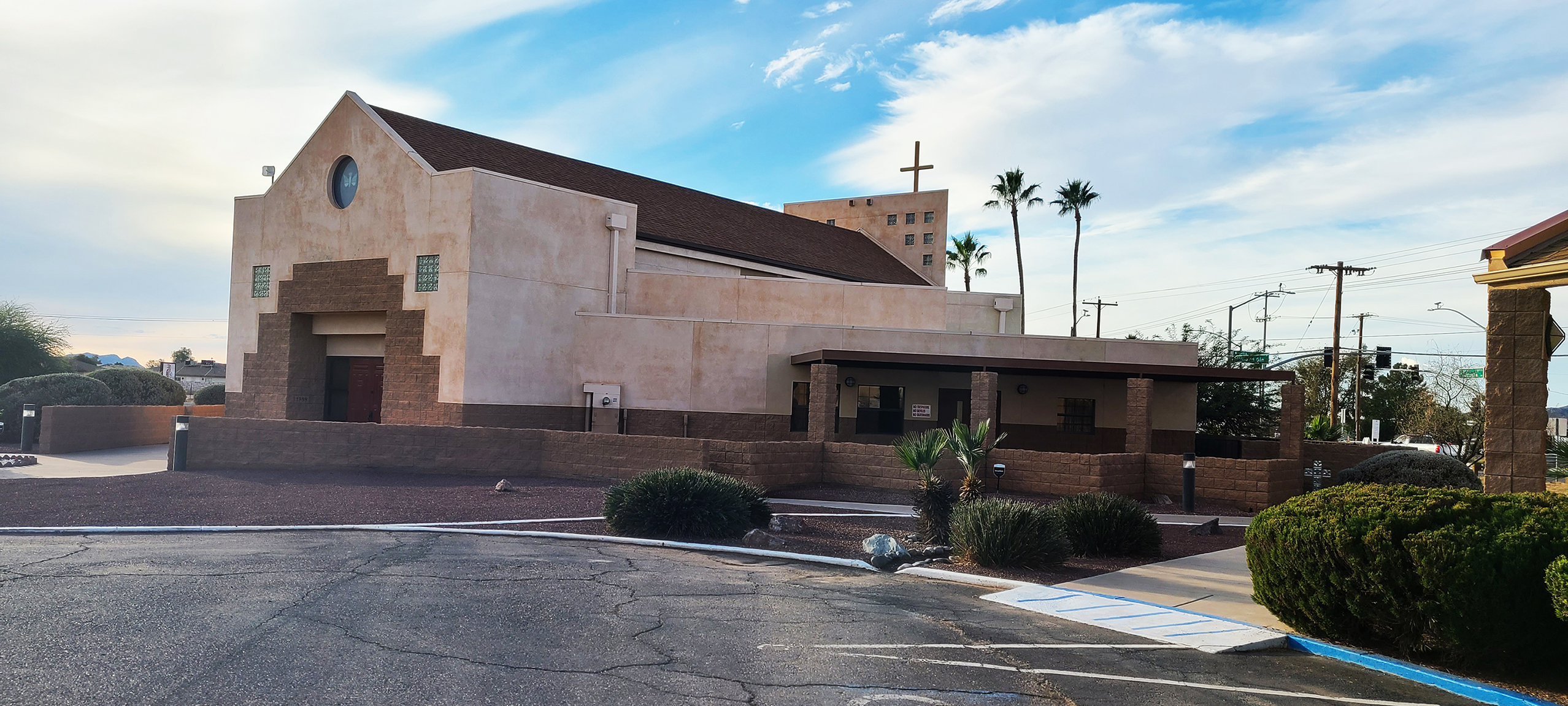Lent 2014 Theme, Six Marks of Discipleship
based on the book, “Power Surge: Six Marks of Discipleship for a Changing Church”, Michael Foss
It is at the age of 13 that Jewish boys participate in their Bar Mitzvah. This is when they become obligated to observe the commandments. Prior to this age they are instructed in the commandments and encouraged to follow but not obligated. The bar mitzvah ceremony formally, publicly marks the assumption of that obligation, along with the corresponding right to take part in leading religious services, to count in a minyan (the minimum number of people needed to perform certain parts of religious services), to form binding contracts, to testify before religious courts and to marry. In the text from Luke, you will note that Jesus has not come of age yet.
Luke 2:41-47 TVB
“41Every year during Jesus’ childhood, His parents travelled to Jerusalem for the Passover celebration. 42When Jesus was 12, He made the journey with them. 43They spent several days there, participating in the whole celebration. When His parents left for home, Jesus stayed in Jerusalem, but Joseph and Mary were not aware. 44They assumed Jesus was elsewhere in the caravan that was traveling together. After they had already travelled a full day’s journey toward home, they began searching for Him among their friends and relatives. 45When no one had seen the boy, Mary and Joseph rushed back to Jerusalem and searched for Him. 46After three days of separation, they finally found Him—sitting among a group of religious teachers in the temple—asking them questions, listening to their answers. 47Everyone was surprised and impressed that a 12-year-old boy could have such deep understanding and could answer questions with such wisdom.”[1]
Here are some interesting facts I found from the book, Power Surge, which we have been using for our theme during Lent.
“91 percent of all households in the United States own at least one Bible.
The typical household owns three Bibles.
38 percent of adults in the U.S. read the Bible during a typical week–not including when they are at church.
Among Bible readers, the average amount of time spent reading the Bible during an entire week is fifty-two minutes-or, about ten minutes a day.”[2]
On the surface, the statics seem promising, that is until we reach the amount of time spent in the Bible and the percentage that actually read the Bible. So many people have the greatest book ever written about the greatest story ever told, the love of God for God’s people. Yet so few read it and these that do, do not spend enough time doing so. Why is Bible reading so important? It is one of the tools that is used to forge discipleship. Reading the Bible is a start but to study, meditate and discuss the scripture provides so much more.
Jesus in our text today, is discussing with others, the scriptures that were available to the Jewish people at the time. Not only was he asked questions but he was in conversation and asked his own questions. We know later that Jesus will tell his disciples, us, that where two or more are gathered in His name, He will be present.
It is through the study not just reading, but study, that we look for Word, The Christ, to provide us guidance and insight through the God inspired human written words in the Bible. To study the Bible alone is not bad but nowhere as effective as to study with others. We trust that the Spirit will work in and through those present in the study. Thereby those present in the study hear the Word, as one part of the Trinity.
When we encounter the Word, our lives can be changed. As always, God will not force God’s self upon us, but waits for the invitation. Reading, meditating on and study of the Bible, are some of those invitations to God. When invited, we are changed in relationships both to God and each other. As a broken people, perfection is not what God desires for us to receive the Word and be changed. Nor do we have to wait to come of age, to be confirmed, have a Bar Mitzvah or for females, a Bat Mitzvah. This can begin at our baptism; it can begin when we encounter God through invitation.
It is because we are a broken people that the Word comes to us and through the road of discipleship, which includes Prayer, Weekly Worship and Reading of the Bible, changes us so that we can begin to understand and attempt to live out the Greatest Commandments. Discipleship has many tools in the toolbox and all need to be explored, used over and over so that we can do as Jesus says, “…‘Love the Lord your God with all your heart and with all your soul and with all your mind.’ 38 This is the first and greatest commandment. 39 And the second is like it: ‘Love your neighbor as yourself.’ 40 All the Law and the Prophets hang on these two commandments.” [3]
It is then we are a changed people, living out life on earth, with the kingdom of heaven breaking through to the here and now.
[1] Excerpt From: Ecclesia Bible Society. “The Voice Bible.” Thomas Nelson, 2012-02-23
[2] George Barna, Data and Trends (Ventura, Calif.: Barna Research Group, 1998), p. 1.
[3] The Holy Bible: New International Version (Grand Rapids, MI: Zondervan, 1984), Mt 22:37–40.
Discover more from Messy Spirituality
Subscribe to get the latest posts sent to your email.

